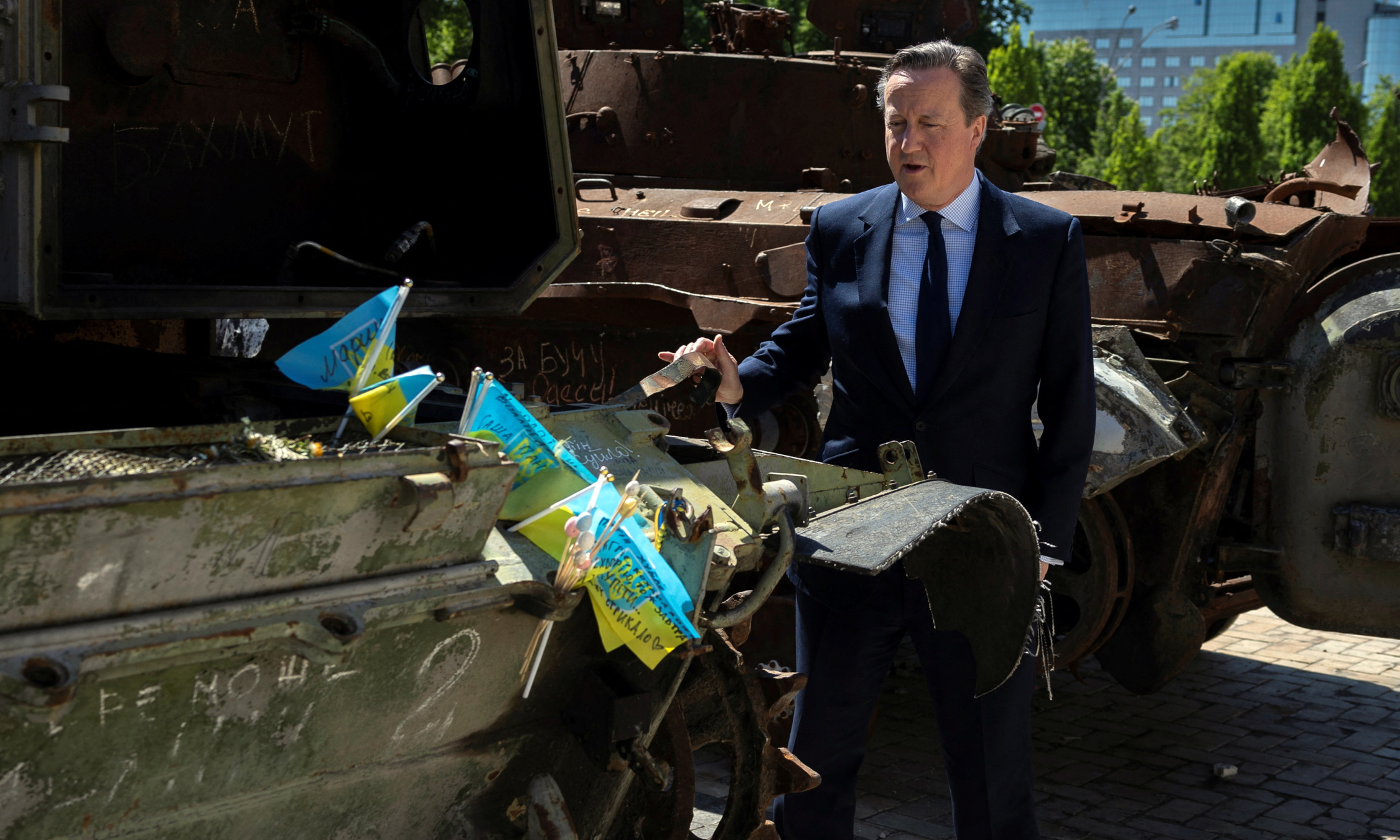On 19 March, Ukrainian actor/president Volodymyr Zelensky appealed for meaningful talks with Moscow to end the war in Ukraine, saying: “This is the time to meet, otherwise Russia’s losses will be such that several generations will not recover.”
This bizarre show of concern for the welfare of Russian troops aside, if Zelensky is now ready to engage seriously in peace talks this is much to be welcomed. If Zelensky and his masters in the west are now prepared to discuss how the security needs of both Russia and the west can be guaranteed by the establishment of a neutral Ukraine, then the world could be a safer place.
It was last December, in what seems a world away, that Moscow called on the west to sit down and have a serious talk about establishing mutually agreed guarantees to preserve the peace in Europe. This invitation did not come out of nowhere, but proposed concrete measures to defuse a crisis in international relations that had been brewing for 30 years and could no longer be ignored with impunity.
In February 1990, President George Bush and his secretary of state James A Baker made a deal with Moscow. If Soviet leader Mikhail Gorbachev agreed not to veto the reunification of Germany, Washington would make a solemn undertaking that Nato would not further expand its membership eastward. In Baker’s striking phrase, “not one inch” would Nato advance to the east.
For the next 30 years, Nato proceeded to break that promise, extending membership to some 30 countries. These countries, which had played the part of a natural buffer zone protecting Russia, now played host to Nato military exercises, were armed by the west, and were cultivated as potential launchpads for aggression against Russia.
In 2008, egged on by the west, Georgia initiated a war against South Ossetia, which had seceded from Georgia rather than live in a country that had degenerated from a multinational soviet republic into an intolerant ethnic state. Russia came to the rescue and quickly restored peace – to the chagrin of the imperialist meddlers who had hoped to catch fish in troubled waters.
It was at this juncture that Nato dangled the possibility, one day, of both Georgia and Ukraine becoming Nato members, with all that membership entailed, including military assistance. At Nato’s summit in Bucharest, where it was decided to grant Georgia and Ukraine a “roadmap” to membership, Vladimir Putin made it clear that this step was a “direct threat” to Russian security.
This warning was not heeded in 2008 and still was not heeded in December 2021, when President Putin urged the west to undertake guarantees never to accord Nato membership to Ukraine and at once to cease Nato’s push to the east.
The west answered this urgent plea for diplomacy by stepping up the transport of heavy weaponry to Ukraine, stoking the fires of war, and cheering on the genocide unfolding in the Donbass.
















